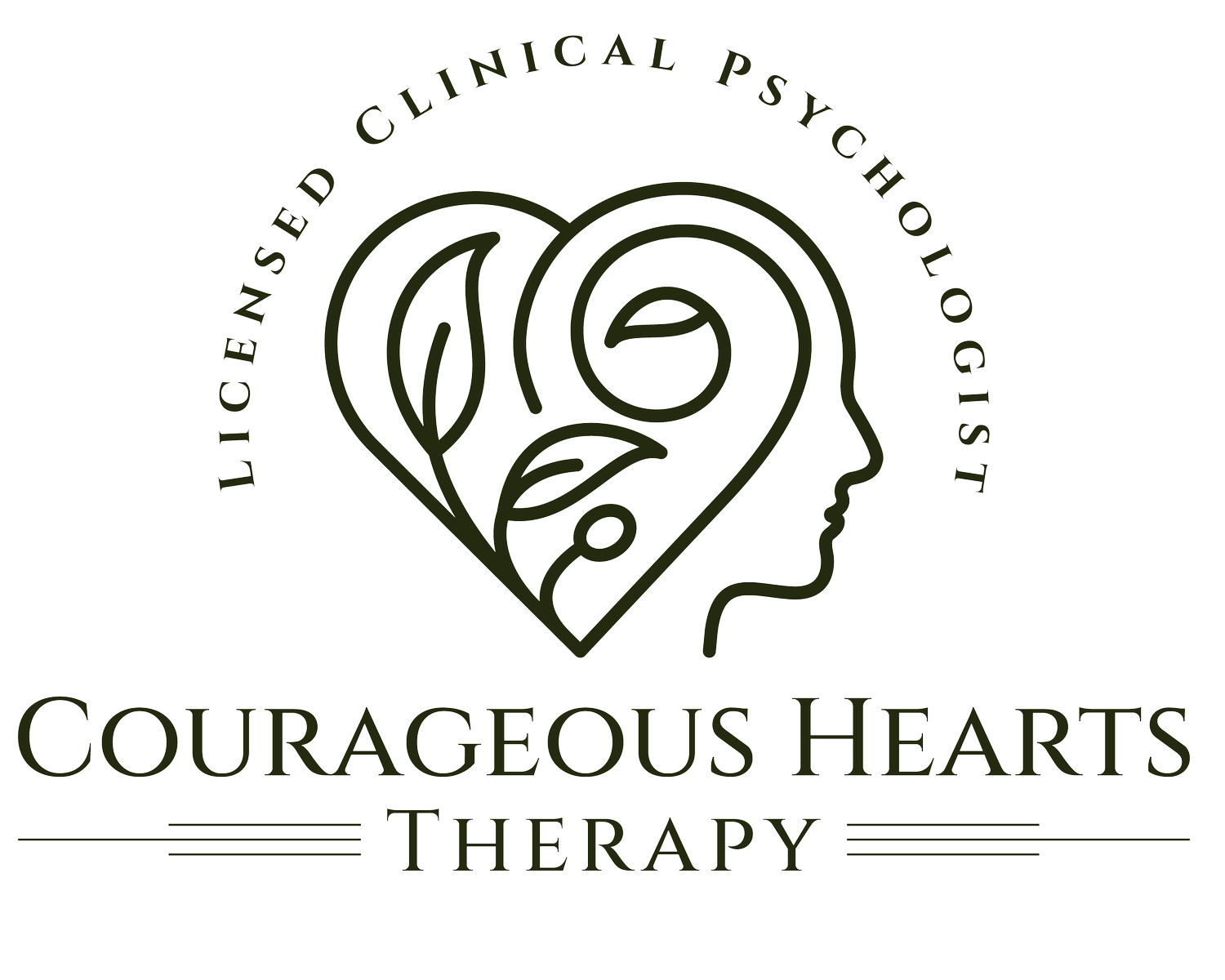
Dialectical Behavior Therapy
Are your emotions sometimes overwhelming or hard to manage? Do your relationships feel chaotic or unsatisfying? You’re not alone—and you don’t have to navigate this alone. I specialize in Dialectical Behavior Therapy (DBT), a research-based approach that helps individuals build skills to manage emotions, tolerate distress, and improve relationships. Whether you’re feeling stuck, struggling with self-worth, or seeking deeper balance in life, this is a place to start healing.
Who can benefit from DBT?
This approach may be particularly helpful if you find your emotions overwhelming, have persistent relationship difficulties, or struggle with ineffective coping (e.g., overspending, substance use, shutting down, or overeating). DBT is also extremely helpful for people with a history of trauma or difficult childhoods and will teach skills to help face painful memories, tolerate difficult emotions, and create a life worth living.
Do you feel stuck in patterns of self-criticism? I help people struggling with intensely painful emotions break free of self-sabotage, so they can build a life worth living
My work is grounded in empathy, collaboration, and the belief that meaningful change is possible. I’m here to offer both validation and practical tools—to help you better understand your emotions and live in alignment with your values.
I use radical genuineness — to show up authentically for you. I won’t just nod politely but will be totally emotionally present to laugh with you and also respectfully push for change, all in the same session if needed.
I want to help you build a life worth living.
DBT combines acceptance strategies with tools for real, lasting change. It’s structured around four core skill areas:
Mindfulness - learning to be present and aware in the moment
Emotion Regulation- Understanding and managing intense emotions
Distress Tolerance- Building skills to cope with pain in healthy ways
Interpersonal Effectiveness - Improving communication and boundaries

